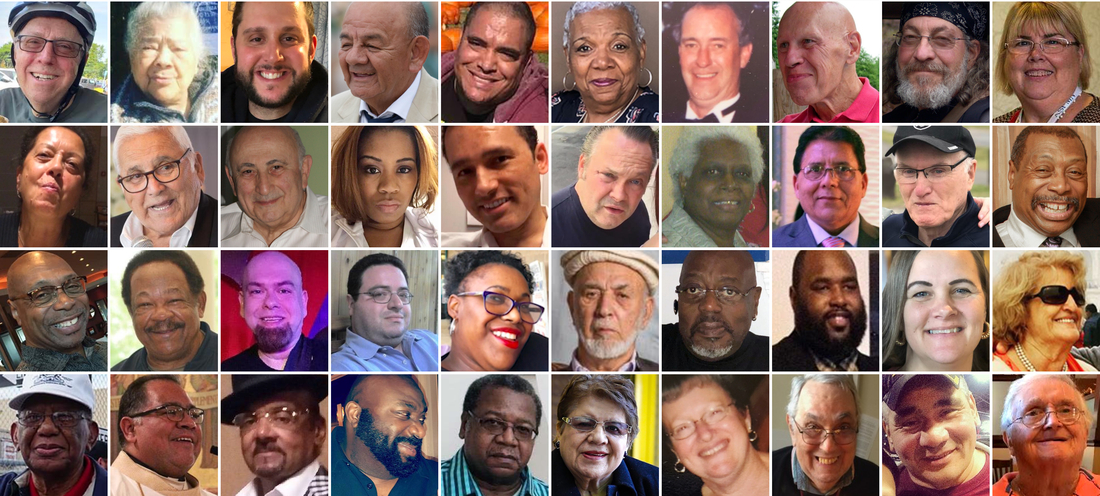Viral spread: Peter Hotez on the increase of anti-science aggression on social media
A few of the 1.1 million Americans who died during the COVID-19 pandemic, which officially ended last month though thousands of cases are still reported each week. Vaccine hesitancy fueled by misinformation and anti-science aggression contributed to the 100 million cases in the U.S. alone.
Bulletin of the Atomic Scientists
Last November, Twitter announced it will no longer enforce “the COVID-19 misleading information policy.” The platform also allowed previously banned users to rejoin the site. Since then, anti-vaccination messaging has gained renewed energy, distressing scientists and researchers who have been combatting misinformation and disinformation on social media. According to research, there’s a strong relationship between anti-vaccination efforts on social media and vaccine hesitancy, and while millions of people were saved by having taken the COVID-19 vaccines, hundreds of thousands of Americans died after refusing it.
Peter Hotez, a physician-scientist, dean of the National School of Tropical Medicine, and a professor in the departments of Pediatrics and Molecular Virology and Microbiology at Baylor College of Medicine, is no stranger to anti-vaccination attitudes. He has fought against misleading medical information for years. But now, he says, anti-science sentiments have been weaponized by businessmen and politicians seeking profits and power.
In the 1940s and 1950s, the House Un-American Activities Committee (HUAC) investigated and discredited several scientists who worked on the Manhattan Project. Hotez expects congressional committees under Republican control to engage in a similar targeting of scientists in an attempt to accumulate influence and foster a sense of belonging—a signature of authoritarian regimes—among their constituents. In his view, this anti-vaccine, anti-science movement, versions of which are spreading to other countries, could destabilize the global vaccine ecosystem. MORE

